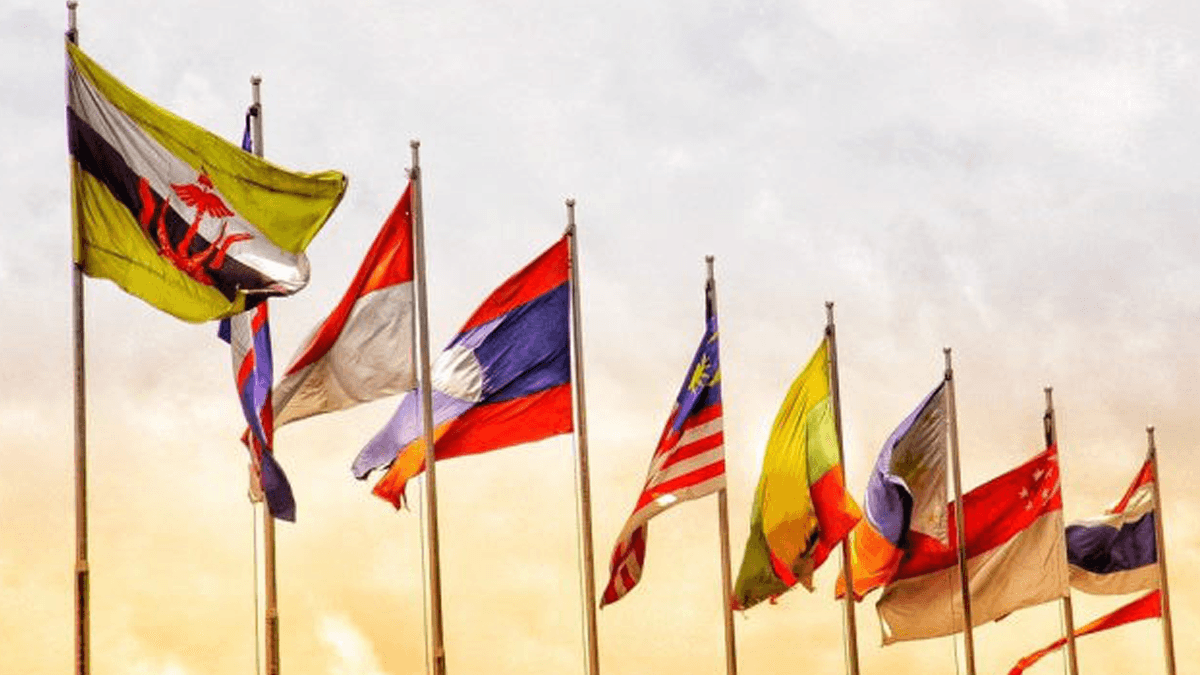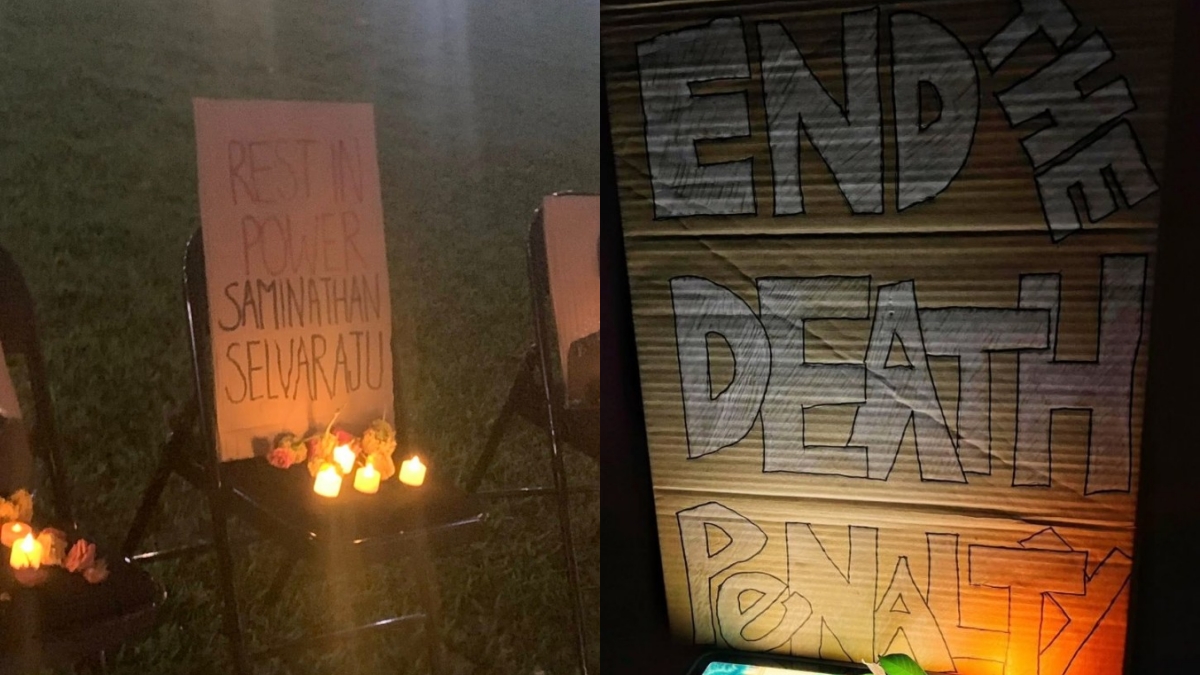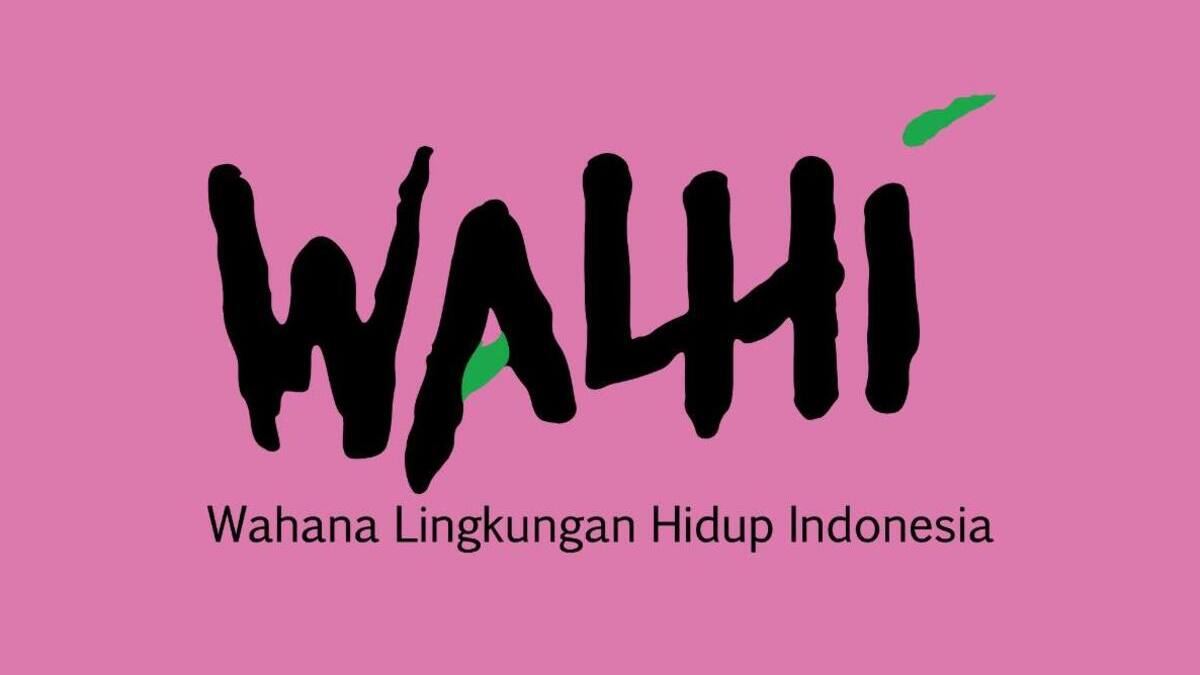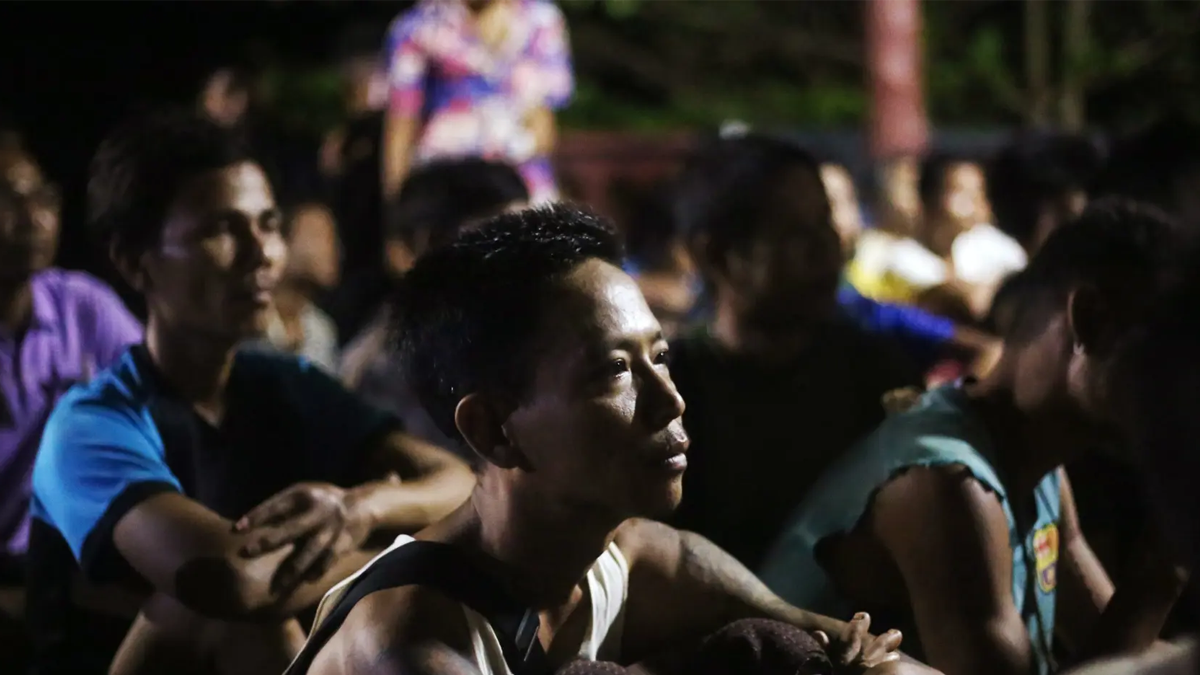ASEAN urged to reject junta’s election and reset Myanmar strategy
ASEAN must reject Myanmar’s junta-led election and adopt a new strategic approach, says a statement from former ASEAN ministers and UN experts, citing worsening violence and humanitarian crisis under the military regime.

- Former foreign ministers and UN experts call on ASEAN to reject Myanmar junta’s planned election as illegitimate.
- ASEAN is criticised for failing the Myanmar people and urged to impose stricter punitive measures.
- A comprehensive new strategy is proposed, including stakeholder engagement and humanitarian support.
A coalition of former foreign ministers and United Nations experts has issued a stark warning to ASEAN ahead of its 47th Summit, urging the regional bloc to reject Myanmar’s upcoming military-led election and launch a fundamental reset of its strategy on the crisis.
In a statement released on 14 October 2025, Dato’ Sri Saifuddin Abdullah, former Minister of Foreign Affairs of Malaysia, and Khun Kasit Piromya, former Minister of Foreign Affairs of Thailand, along with three founding members of the Special Advisory Council for Myanmar (SAC-M), called the junta’s planned 28 December 2025 election a “sham” and a threat to regional stability.
The statement emphasises that ASEAN must not validate or participate in the election process, citing basic democratic standards outlined by Malaysian Foreign Minister Dato' Seri Utama Haji Mohamad bin Haji Hasan during his 9 October visit to Myanmar. Hasan stated any credible election must be “free, fair, transparent and inclusive,” conducted nationwide with participation from all political parties.
The authors argue the junta's plan fails to meet these conditions. They point to a 10 October claim by Myanmar's military regime that Hasan had agreed to send observers, calling it a fabrication designed to manufacture international legitimacy.
The statement is scathing in its assessment of ASEAN’s record since Myanmar’s military coup in February 2021. It argues the bloc’s Five-Point Consensus (5PC), adopted in April 2021, has failed, and that ASEAN has allowed itself to be “fooled, outmanoeuvred and humiliated” by the junta.
The group highlights dire consequences of inaction: intensified civilian massacres, increased influence of external powers, expanded transnational crime, and emboldenment of authoritarian tendencies within the region.
The authors cite specific instances of violence. On 6 October, junta forces bombed a candlelight Thadingyut festival gathering in Chaung U township, killing at least 26 people and wounding 40. One month prior, an airstrike on a boarding school in Rakhine State reportedly killed at least 22 individuals, most of them children.
The statement calls this escalation of violence a direct result of ASEAN’s inaction and offers a comprehensive new roadmap with immediate and long-term steps.
Firstly, it urges ASEAN to firmly oppose and disassociate itself from the upcoming election and reject any outcome arising from it. True elections, the authors argue, can only occur after a nationwide ceasefire, the release of all political prisoners, full political participation, and access for international election monitors.
Secondly, the authors propose tightening sanctions against the junta, including extending existing bans on high-level meeting participation to all levels of ASEAN engagement. This would mark the beginning of a series of punitive responses to continued junta defiance.
Thirdly, the statement calls for the launch of a strategic reset at the 47th ASEAN Summit, with a clear end goal of establishing a democratic and inclusive Myanmar.
It recommends intensified diplomacy for a ceasefire, end to airstrikes, release of political prisoners, and the establishment of ASEAN and UN-enforced peace. Humanitarian aid must be delivered impartially and urgently, with full access guaranteed to international agencies.
The group also calls for formalised engagement with pro-democracy stakeholders, including the National Unity Government (NUG), the National Unity Consultative Council (NUCC), Ethnic Resistance Organisations (EROs), and others, to support efforts toward drafting a new federal democratic constitution. A central requirement, they state, is that the Myanmar military must be permanently placed under democratic civilian control.
To enforce compliance, ASEAN should announce escalating consequences if the junta continues to commit abuses or obstruct aid. The statement also calls for support of accountability measures through international courts and mechanisms, and a rejection of amnesty for serious international crimes.
It also recommends extending the mandate of ASEAN Special Envoy Tan Sri Othman Hashim to ensure continuity in diplomacy.
The statement concludes with a forceful reminder: “The people of Myanmar feel utterly abandoned.” It warns that ASEAN’s credibility, regional stability, and moral standing hang in the balance.
The SAC-M, which issued the statement, includes prominent figures such as Yanghee Lee, former UN Special Rapporteur on human rights in Myanmar, Marzuki Darusman, former Chair of the UN Fact-Finding Mission on Myanmar (FFM), and Chris Sidoti, a former FFM member. Their collective record includes early warnings about the erosion of democracy in Myanmar and calls for justice over atrocities against the Rohingya and other communities.
In 2018, the FFM called for Senior General Min Aung Hlaing to be prosecuted for genocide and crimes against humanity. In 2019, it documented the military’s use of business networks and arms deals to sustain its operations, prompting calls for sanctions and embargoes.
As ASEAN prepares for its summit, pressure is mounting for the bloc to demonstrate principled leadership. The question posed by the statement remains: “How will ASEAN ever face the people of Myanmar” if it fails to act now?







0 Comments